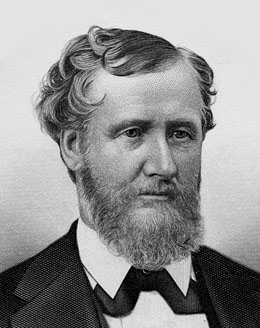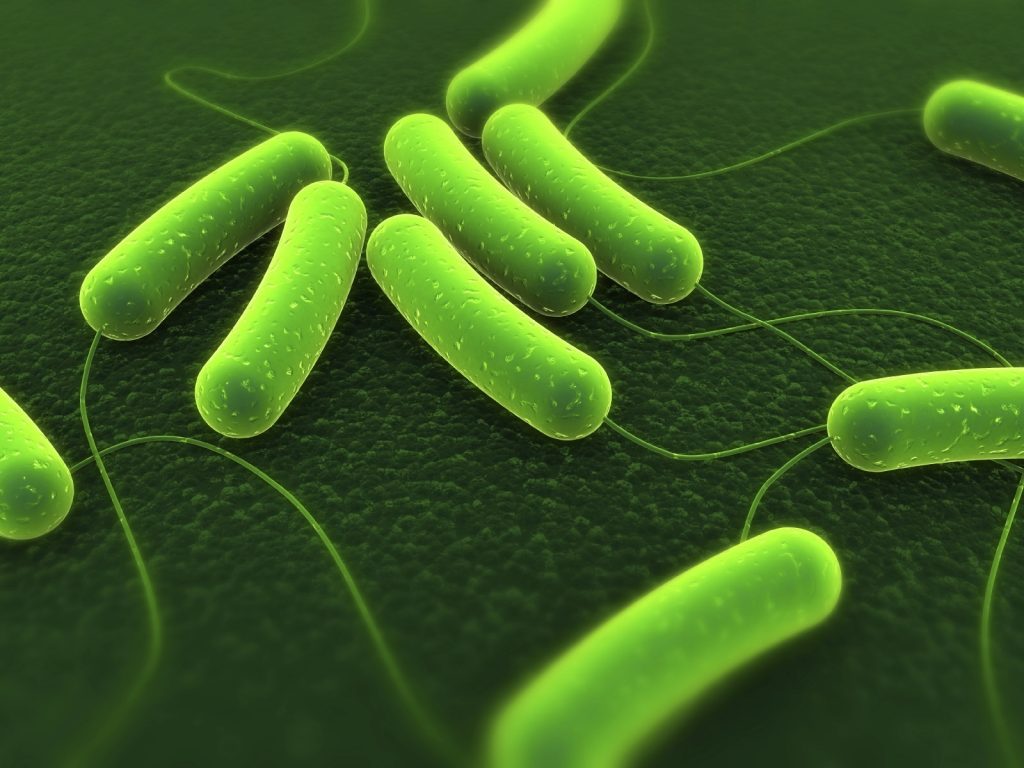John Needham is the English scientist who performed experiments on spontaneous generation or abiogenesis in mutton broth and hay infusions. Needham showed that mutton broth boiled in flask and then sealed could still develop microorganisms, which supported the theory of spontaneous generation.
He took hot boiling mutton gravy (meat infusion) in a flask and closed same with a cork. He later found the spoilage of the meat infusion and also observed animalcules in it.
Needham killed the living matter by boiling and thus concluded that animalcules arose spontaneously from the meat, thus he put forth the notion that microorganisms arise by spontaneous generation.
His works were later challenged and repeated by Lazzaro Spallanzani who modified Needham’s experiment by including a longer boiling time in his own experiment.
References
Barrett J.T (1998). Microbiology and Immunology Concepts. Philadelphia, PA: Lippincott-Raven Publishers. USA.
Beck R.W (2000). A chronology of microbiology in historical context. Washington, D.C.: ASM Press.
Brooks G.F., Butel J.S and Morse S.A (2004). Medical Microbiology, 23rd edition. McGraw Hill Publishers. USA. Pp. 248-260.
Chung K.T, Stevens Jr., S.E and Ferris D.H (1995). A chronology of events and pioneers of microbiology. SIM News, 45(1):3–13.
Summers W.C (2000). History of microbiology. In Encyclopedia of microbiology, vol. 2, J. Lederberg, editor, 677–97. San Diego: Academic Press.
Talaro, Kathleen P (2005). Foundations in Microbiology. 5th edition. McGraw-Hill Companies Inc., New York, USA.
Wainwright M (2003). An Alternative View of the Early History of Microbiology. Advances in applied microbiology. Advances in Applied Microbiology, 52:333–355.
Discover more from #1 Microbiology Resource Hub
Subscribe to get the latest posts to your email.



